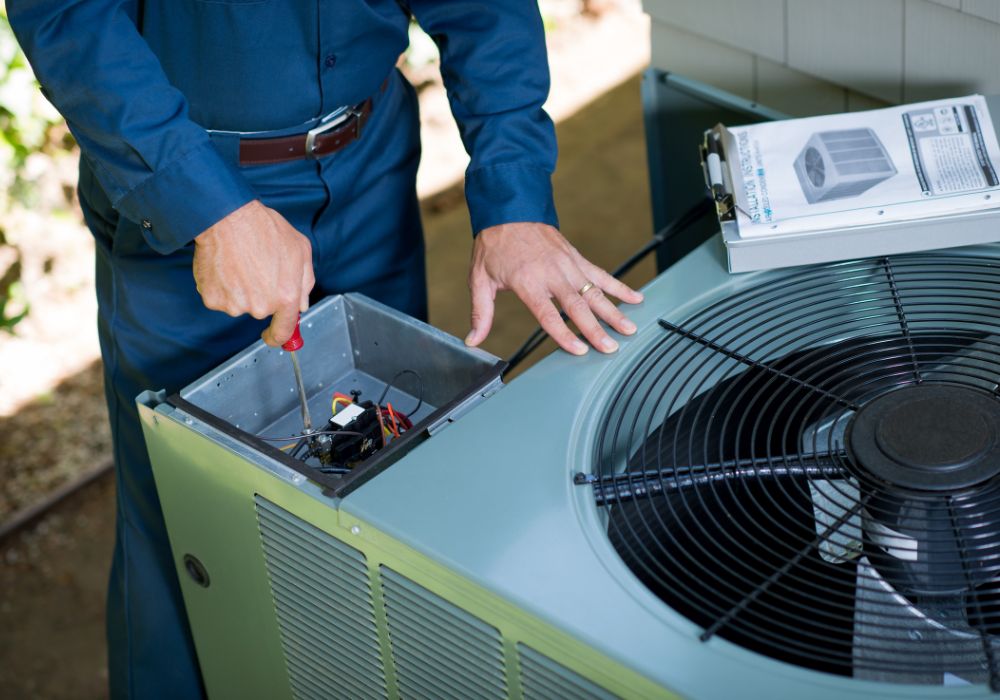The summer months in the western region of Washington state can be some of the most beautiful of the year, with clear skies and mid-70 degree days. However, as summers have been getting warmer, heat waves have brought temperatures as high as 108 degrees, such as in June, 2021.
Of course, while we’d love to blast air conditioning from every room at all hours of the day, we’d also like to save energy. There are great ways you can prepare your home to be more energy efficient by keeping the heat out.
Depending on the direction your home is facing, the proper type of window covering can reduce heat gain in your home by 77 percent, according to the Department of Energy. Consider the best type of window treatment in your home, from awnings to blinds to solar screens. These types of window treatments can do things like reduce solar glare, heat gain, and UV damage.
Proper installation is important for seeing these benefits, such as installing drapes as close to the window as possible. Some window treatments for summer may help in the winter too, while others may actually do the opposite. Check with Energy.gov to see what solution might be right for your home.
To make sure you’re getting the most out of your air conditioning system, routine maintenance is critical. Clean air conditioning filters and evaporating coils to improve energy consumption. If you have an outdoor condensing coil, remove rubbish or debris from around the unit. If you have a window or portable unit, tightly seal the unit pieces to the window so that hot air is not leaking back in as your machine tries to remove it.
If sitting in front of a fan feels just as effective as turning on your AC, do that, to save the time that your AC unit is on. Don’t leave fans on when you leave a room and turn off the air conditioning when you leave the house. Bathroom and kitchen fans vented outdoors can also help remove heat and humidity that come from cooking or showering.
Having a well-insulated and sealed home will keep hot air out as best as possible. Add weatherstripping around doors. Also inspect your home for any other cracks and openings that may be reducing the energy efficiency of your cooling systems. Learn more about applying weather stripping from Energy.gov. Insulating your attic is also a helpful way to keep your whole house cool. Attics without insulation bake during the day, and then that hot air will migrate into your cooled house.
A long-term way to help cool your home in the summer is to have trees and bushes that cast shade on the house, protecting it from direct sunlight. Of course, there’s a lot to consider when planting trees around your home, such as how close they are and if this proximity could damage the home, how they will affect the home during winter months, and more. Purdue University has great tips for selecting a tree that works well with your home and can provide protection and relief year round.
Questions about home insurance? Contact a Sea Mountain Homeowner Insurance Specialist today!
